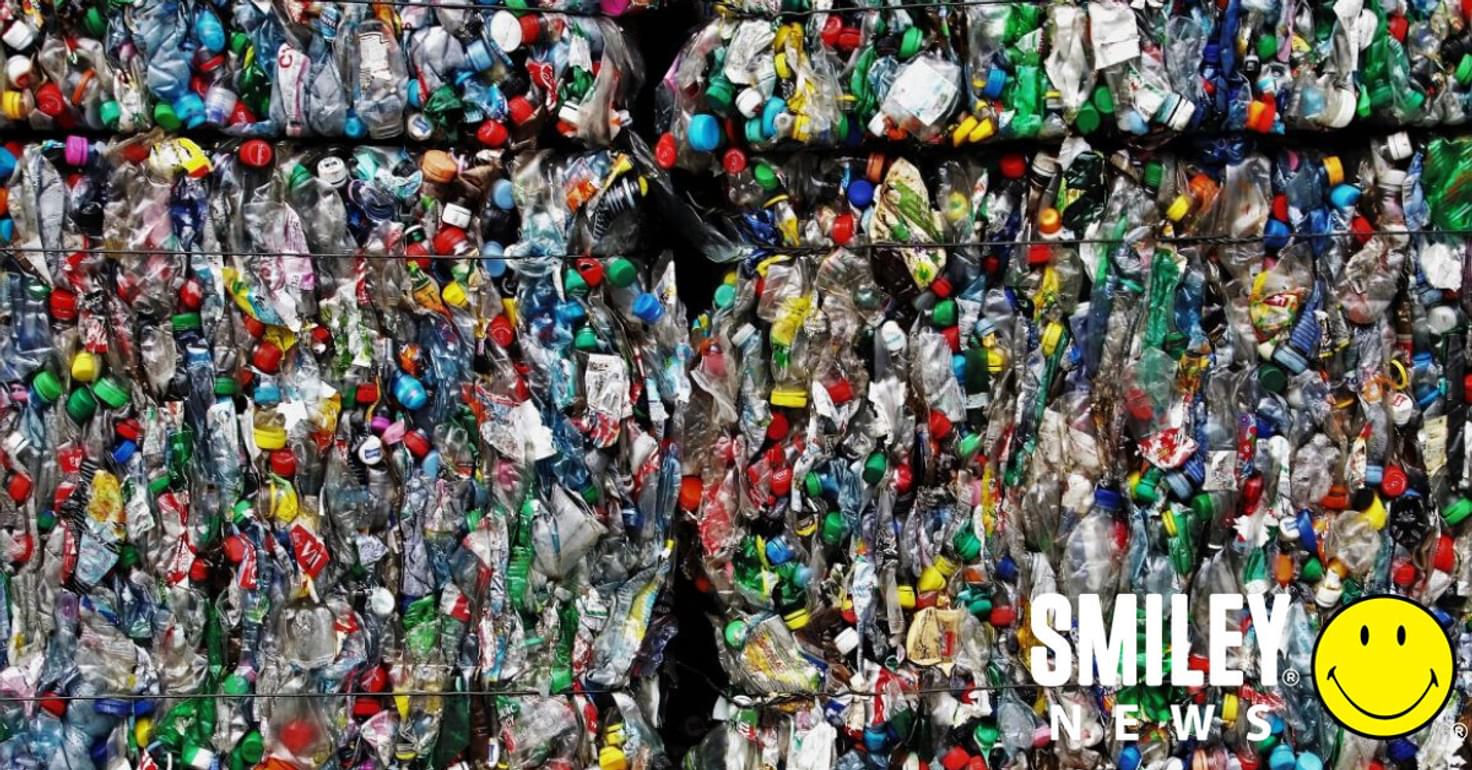
Words by Smiley Team
According to the first-ever State of the World’s Fungi report, Scientists at London’s Kew Botanical Gardens reported that these organisms have the potential to break down waste plastic – an important advance in a world where momentum is building to reverse the toxic tide of plastic that is killing marine life and polluting the ocean.
Every year, at least eight million metric tonnes of plastic end up in the sea, sometimes decomposing into tiny microplastics that make their way into our food chain.
Senior Kew Gardens Scientist Ilia Leitch, said that other fungi and microorganisms are also being explored for their potential to degenerate different types of plastic, explaining that “by understanding how the fungi break down these bonds and what the optimal conditions are, you can then increase the speed at which they do it.”
In the meantime, the Kew Gardens report showcases the kind of pioneering thought that will be at the heart of the fourth UN Environment Assembly next March, on “innovative solutions for environmental challenges and sustainable consumption and production.”